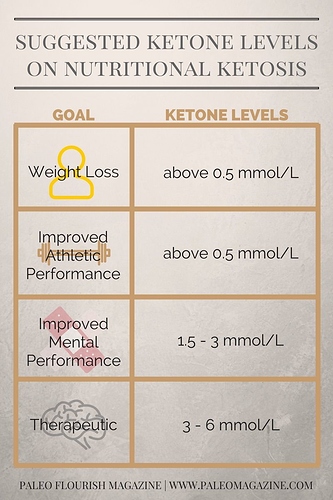I don’t believe that levels really indicate anything as there are so many variables involved. But with that said, I do see lower readings usually in the morning (actually I mirror your numbers pretty close).
I found this interesting -
One of the speakers at the Nutrition and Metabolism Society meeting in 2011 was Dr. Adam Hartman, who is an expert in the use of ketogenic for the control of epilepsy in children. He made an interesting comment on the timing of testing for ketones. When eating the typical mixture of foods that people normally consume in our society (a mix of proteins, carbohydrates and fats), ketones are highest in the morning. This makes sense because the least flow of carbohydrates in from the digestive tract is overnight, so the body burns some fat in the night. When eating a ketogenic diet, on the other hand, the most exposure to carbohydrates is overnight especially towards morning as the liver produces glucose to keep your brain fueled and to prepare you for getting up. Therefore, if you are eating a very ketogenic diet, the blood ketones go up during the day as you burn more fat for fuel.

